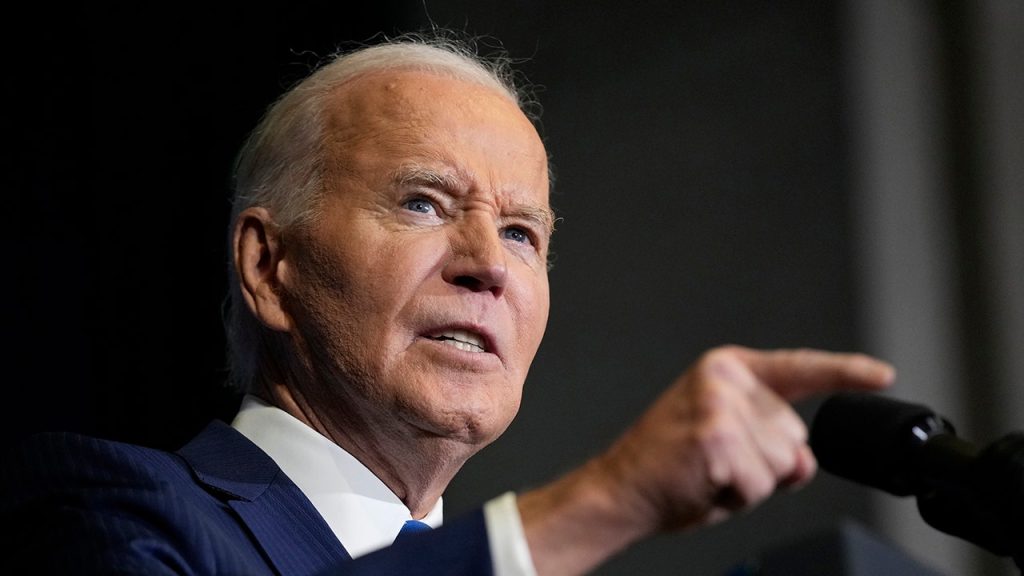President Biden’s lingering regret over his withdrawal from the 2024 presidential race forms the core narrative of this report. Despite facing mounting pressure from within the Democratic party, dwindling campaign funds, and a perceived underwhelming debate performance, Biden reportedly maintains a firm belief in his ability to have defeated Donald Trump in the November election. This conviction, shared with confidantes according to sources cited by the Washington Post, underscores a sense of frustration and perhaps a degree of second-guessing about the decision to step aside. The narrative highlights a complex interplay of internal and external pressures that ultimately led to Biden’s exit from the race.
The mounting pressure from Democrats to step aside, fueled by concerns about Biden’s electability against Trump, painted a bleak picture for his campaign. The June 27 debate performance, perceived as lackluster, served as a catalyst for this escalating pressure. Simultaneously, Biden’s campaign witnessed a significant decline in funding as donors began to question his prospects against Trump. This financial strain further weakened his position and contributed to the perception that his campaign was losing momentum. The confluence of these factors created a perfect storm, forcing Biden to make the difficult decision to withdraw from the race.
Biden’s endorsement of Vice President Kamala Harris following his exit placed her in a challenging position, inheriting a campaign with limited time and resources. Despite her efforts, Harris ultimately lost to Trump by a significant margin. While Biden has refrained from assigning blame to Harris, his insistence on his own potential victory reveals an underlying tension, suggesting a belief that a different outcome was possible had he remained in the race. This narrative also touches upon the intricate political calculations involved in such a high-stakes decision, highlighting the precarious balance between party unity and individual ambitions.
The report contrasts Biden’s conviction with external perspectives, adding layers to the narrative. While Biden privately maintains his belief in his electability, other voices offer alternative interpretations. Rep. James Clyburn, a prominent Democrat, reportedly expressed reservations about Biden’s political style, suggesting it wasn’t well-suited to the prevailing political climate. This introduces a nuanced perspective on Biden’s leadership, hinting at a potential mismatch between his approach and the demands of the political landscape. Meanwhile, Biden’s national security advisor, Jake Sullivan, offered a different rationale for Biden’s governance decisions, emphasizing the prioritization of long-term strategic goals over short-term electoral considerations.
Adding another dimension to Biden’s reflections on his political trajectory, the report delves into his alleged regret regarding the appointment of Merrick Garland as Attorney General. Convinced by aides that Garland would be a consensus choice, Biden reportedly feels Garland’s approach to prosecuting Trump was too cautious. This regret, juxtaposed with Biden’s concern over the perceived aggressive prosecution of his son, Hunter Biden, reveals a sense of frustration with the complexities of the justice system and its potential impact on both his political legacy and his personal life. This aspect of the narrative introduces an element of introspection, revealing Biden’s grappling with the consequences of his decisions.
In summary, the report paints a picture of a president wrestling with a complex emotional and political landscape. Biden’s unwavering belief in his ability to have defeated Trump is central to this narrative, highlighting his competitive spirit and perhaps a lingering sense of unfinished business. The report, however, also exposes the various pressures that led to his withdrawal, including dwindling support within his party, financial constraints, and concerns about his electability. This multifaceted narrative offers a glimpse into the internal deliberations and external forces that shaped a pivotal moment in American political history, leaving behind a legacy of what-ifs and lingering questions about alternative outcomes.















